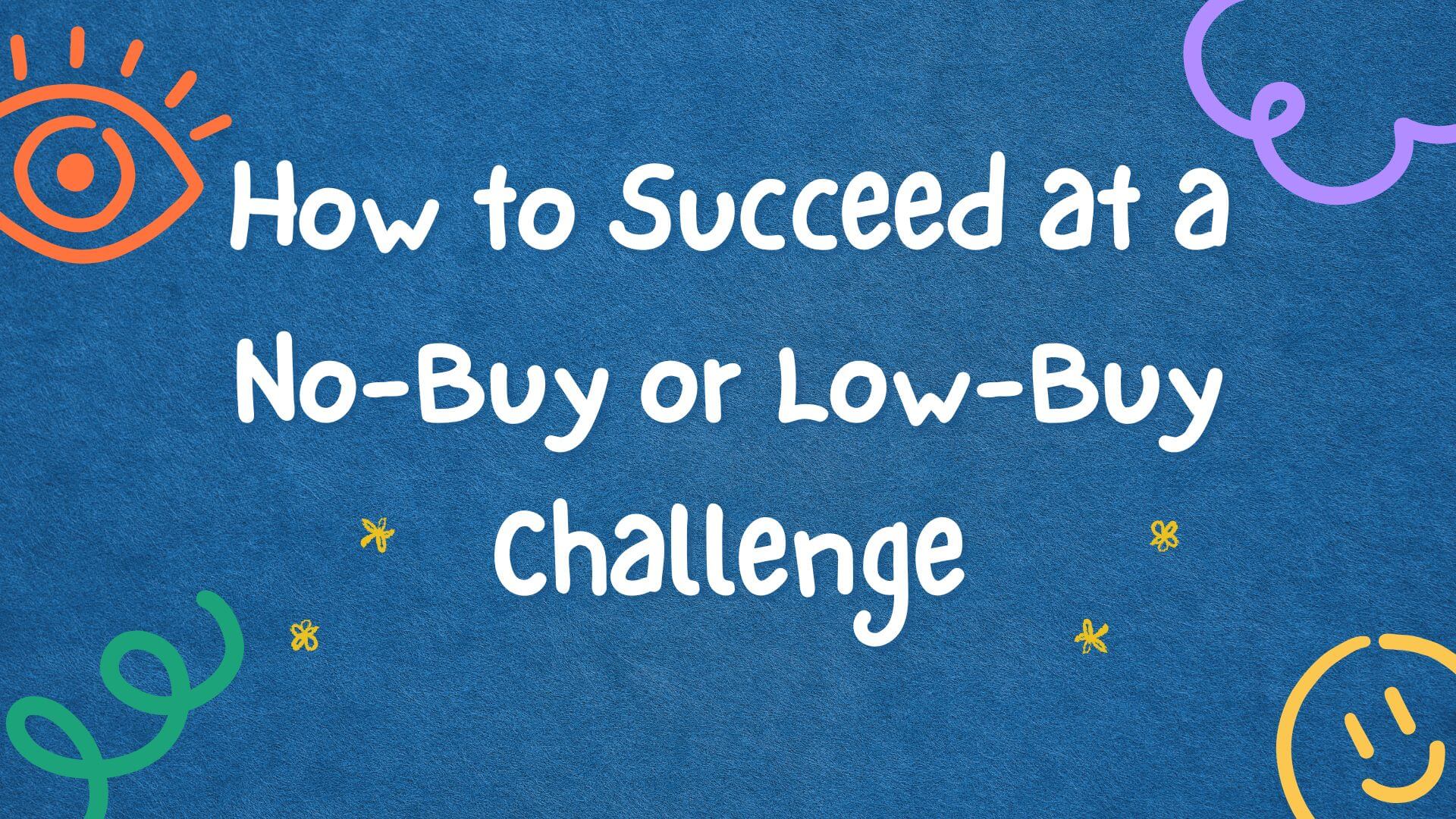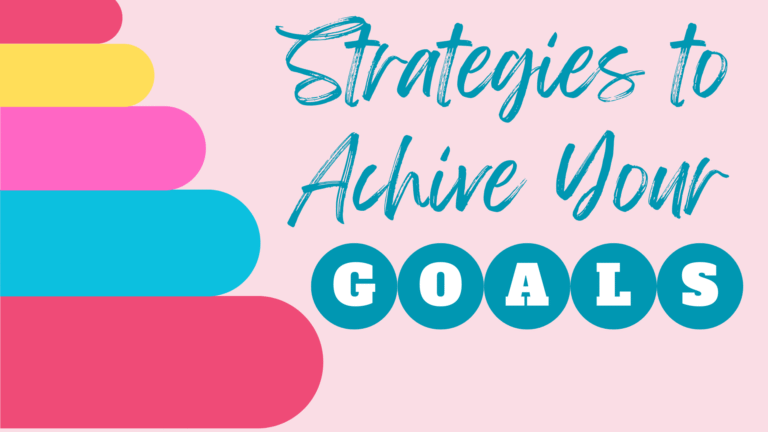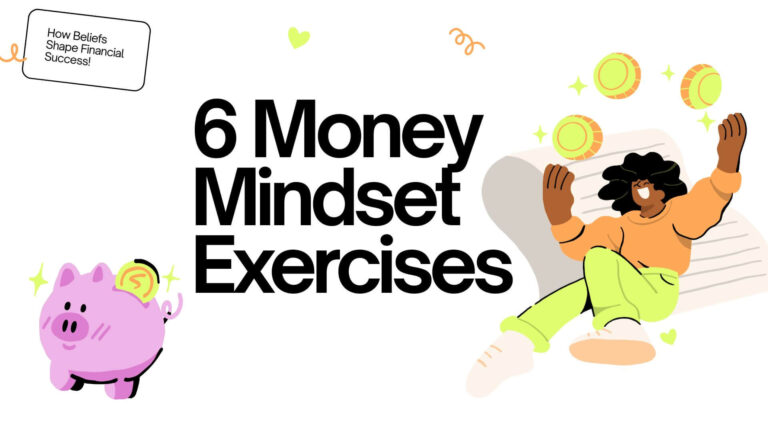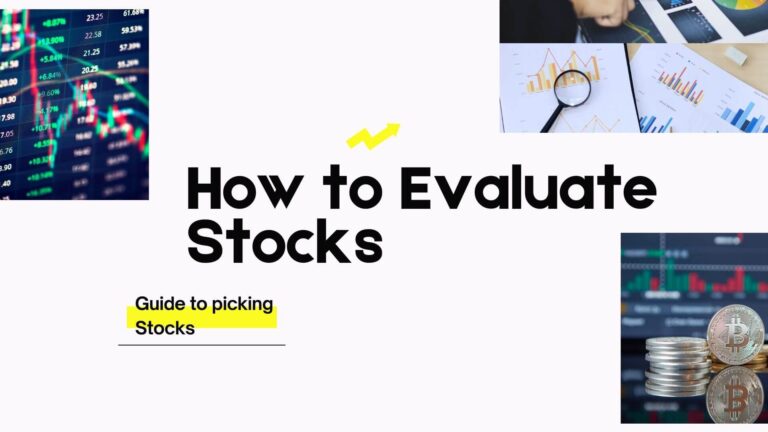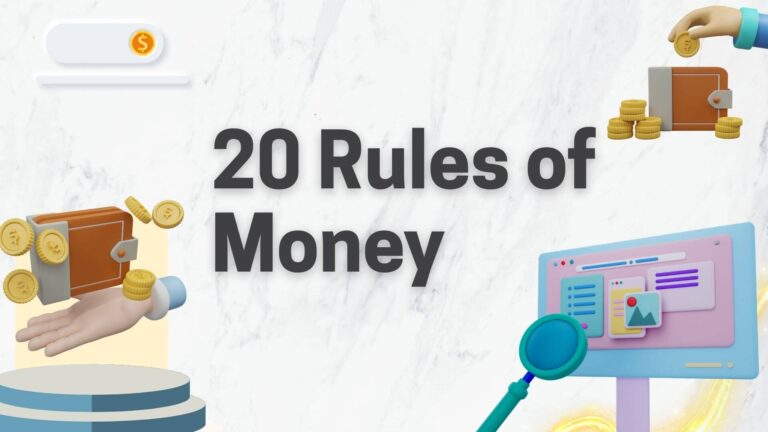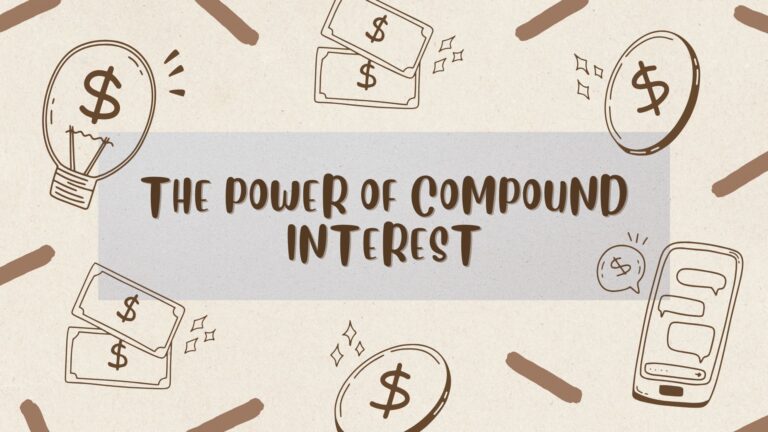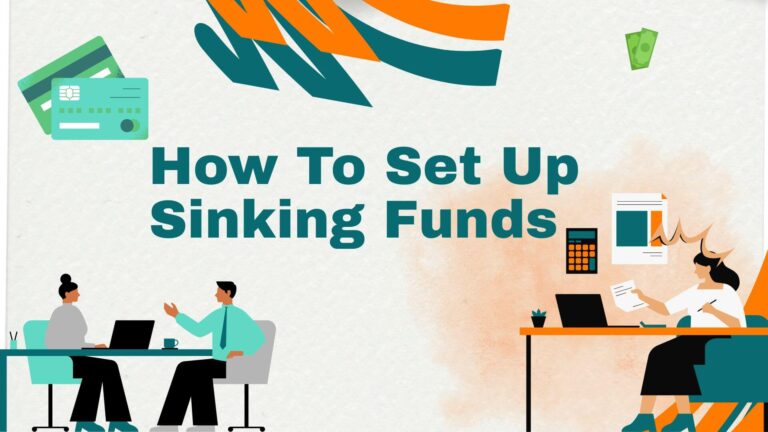How to Succeed at a No-Buy or Low-Buy Challenge
By the time you’re reading this, 2025 will already be here. And if you’re interested in a no buy or low buy challenge, you’re in the right place.
I’ve been doing no-buy challenges every single year since 2019, when I used it as a tool to help me pay off over $120,000 of student loan debt and heal my shopping addiction. Honestly, I credit these challenges with helping me reset my system, change my behavior, and completely transform my relationship with money, shopping, and even myself.
It really can be such a powerful tool. So today I want to share my best tips to make sure you are successful in your no buy challenge.
👉 And if you want even more help, I wrote a journal about this: The Minimalist’s Journal: Your Guide to Buying Less, Living Better, and Finding More Joy in What You Already Have. It’s a playbook with everything I did to change my relationship with shopping and stuff, full of tips, tricks, and prompts.
- Available for pre-order now with a freebie
- Available everywhere books are sold on February 18, 2025
I’m really proud of it and I think it’s going to help a lot. I’ll leave the link below if you want to check it out.
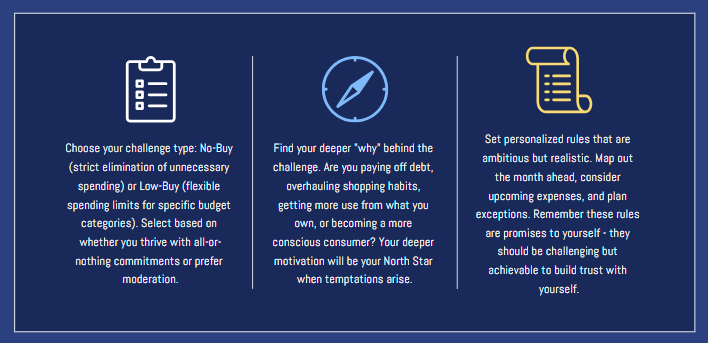
Step 1: Choose Your Challenge
Before you even begin, decide what kind of challenge you want to do:
- No-Buy Challenge: A strict commitment to eliminate all unnecessary spending.
- Clothes
- Shoes
- Makeup & skincare
- Haircare
- Accessories
- Video games
- Takeout, etc.
- You only spend on life necessities.
- Low-Buy Challenge: A more flexible option where you set spending limits and boundaries around specific categories in your budget.
Which one is right for you?
- If you thrive with all-or-nothing commitments, go for a no-buy.
- If you prefer moderation and balance, a low-buy might be the better fit.
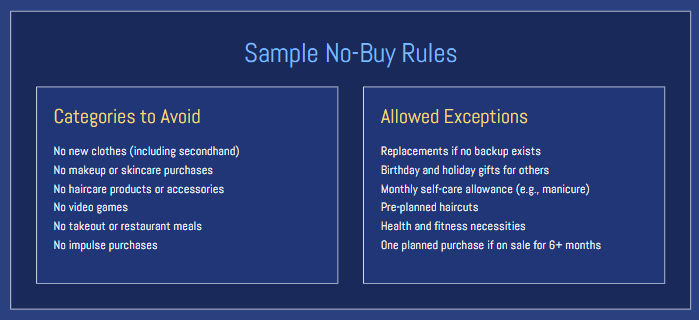
Step 2: Find Your “Why”
The next thing you need to figure out is your why.
⚠️ Important: Don’t do this to punish yourself. This should be a positive challenge, not one fueled by shame or guilt about past spending.
Ask yourself:
- Do I want to pay off debt?
- Do I want to overhaul my shopping and consumption habits?
- Do I want to get more use out of what I already own?
- Am I doing this for sustainability and to become a more conscious consumer?
And then dig deeper:
- Saving money is great—but why do you want to save money?
- Do you want to travel?
- Spend more time with your kids?
- Quit your job or work part-time?
- Start a business or passion project?
Your deeper “why” will be your North Star when things get tough.
Step 3: Set Your Rules
Remember: This is your challenge. You get to set the rules.
- Be ambitious but realistic.
- Your rules are promises to yourself, and keeping them builds trust.
- Breaking them too often can make you feel like you’ve failed, which can trigger overspending.
How to Set Your Rules
- Map out the month ahead.
- Think about birthdays, annual fees, holidays, or replacements you may need.
- Plan exceptions so you’re not caught off guard.
👉 Example: My own no buy rules
- No new clothes (including secondhand), makeup, skincare, haircare, or accessories.
- Exceptions:
- Replacements if I don’t already have a backup.
- Gifts (holiday season & birthdays).
- Monthly manicure (helps me stop biting nails).
- Pre-planned haircut.
- Health/fitness spending (only if no alternative exists).
- A specific pair of boots I’ve been eyeing for 6+ months if they go on sale.
Your rules can be flexible or rigid make them work for you.
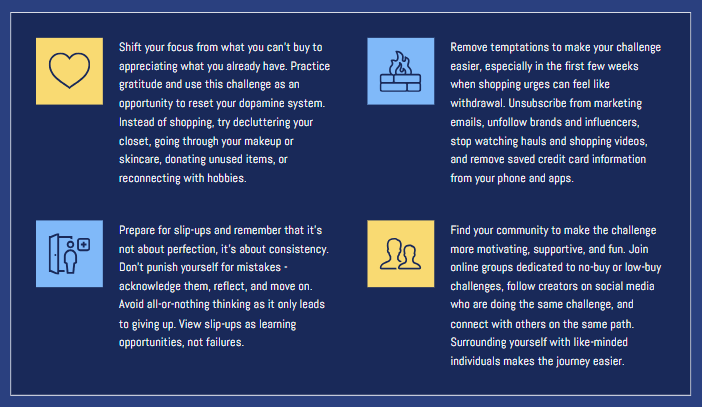
Step 4: Shift Your Focus
One big mistake people make in these challenges is obsessing over what they can’t buy, instead of appreciating what they already have.
- Focus on the positives.
- Practice gratitude.
- Use this as a chance to reset your dopamine system, find joy in things other than shopping.
Things to Do Instead of Shopping
- Declutter your closet.
- Go through your makeup or skincare.
- Donate unused items.
- Reconnect with hobbies.
- Try new activities that feel creative and nourishing.
Step 5: Remove Temptations
Especially in the first few weeks, shopping urges can feel like withdrawal. So make your temptations invisible.
- Unsubscribe from marketing emails.
- Unfollow brands and influencers.
- Stop watching hauls, reviews, and shopping videos.
- Remove saved credit card info from your phone or apps.
The harder you make it to spend, the easier this challenge becomes.
Step 6: Prepare for Slip-Ups
After doing no-buy challenges for almost 7 years, here’s what I’ve learned: It’s not about perfection, it’s about consistency.
- Don’t punish yourself for mistakes.
- Acknowledge them, reflect, and move on.
- Avoid all-or-nothing thinking, it only leads to giving up.
Slip-ups are learning opportunities, not failures.
Step 7: Find Your Community
This challenge doesn’t have to be lonely. In fact, it’s much easier with support.
- Join my free Facebook group: Low-Buy Beauties (8,000+ members).
- Follow creators on TikTok who are doing the same challenge.
- Even the YouTube comments section can be a place to connect with others.
Surrounding yourself with people on the same path makes the challenge motivating, supportive, and fun.
Moral Of The Story
If you’re planning to do a no-buy or low buy in 2025, I hope these tips help you get started and keep going.
Remember: this challenge isn’t about restriction, it’s about creating space for what really matters in your life. It’s about changing your habits for the better.
So tell me:
👉 Are you doing a no buy or low buy in 2025?
👉 What’s your big “why” behind it?
Good luck with your challenge, I know you can do this!

